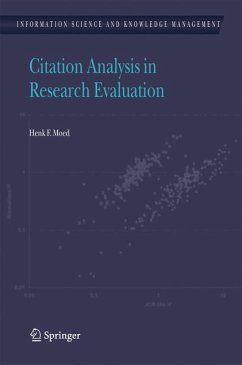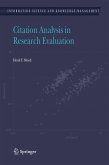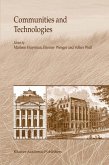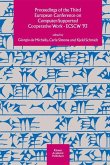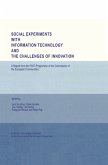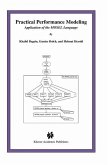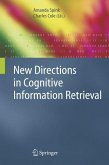This book is written for members of the scholarly research community, and for persons involved in research evaluation and research policy. More specifically, it is directed towards the following four main groups of readers: - All scientists and scholars who have been or will be subjected to a quantitative assessment of research performance using citation analysis. - Research policy makers and managers who wish to become conversant with the basic features of citation analysis, and about its potentialities and limitations. - Members of peer review committees and other evaluators, who consider the use of citation analysis as a tool in their assessments. - Practitioners and students in the field of quantitative science and technology studies, informetrics, and library and information science. Citation analysis involves the construction and application of a series of indicators of the 'impact', 'influence' or 'quality' of scholarly work, derived from citation data, i.e. data on references cited in footnotes or bibliographies of scholarly research publications. Such indicators are applied both in the study of scholarly communication and in the assessment of research performance. The term 'scholarly' comprises all domains of science and scholarship, including not only those fields that are normally denoted as science - the natural and life sciences, mathematical and technical sciences - but also social sciences and humanities.
Hinweis: Dieser Artikel kann nur an eine deutsche Lieferadresse ausgeliefert werden.
Hinweis: Dieser Artikel kann nur an eine deutsche Lieferadresse ausgeliefert werden.
From the reviews: "Citation Analysis in Research Evaluation is a valuable book for those interested in research evaluation. Its take-home message is that citation analysis is an interesting additional tool for evaluating research ... ." (Toon Taris, European Journal of Work and Organizational Psychology, Vol. 15 (3), 2006) "The book is intended for decision-makers in research, for the scientists who are affected by evaluations and the decisions based on them, and for information specialists who generate impact data and/or carry out research in this field. ... this book deals with its subject very competently and clearly. The author has succeeded in bridging the gap between the complex methodological background and the prerequisites for the evaluation of research ... . The book is unique in its topicality, comprehensiveness, and depth." (Werner Marx, Angewandte Chemie, Vol. 45 (18), 2006)

